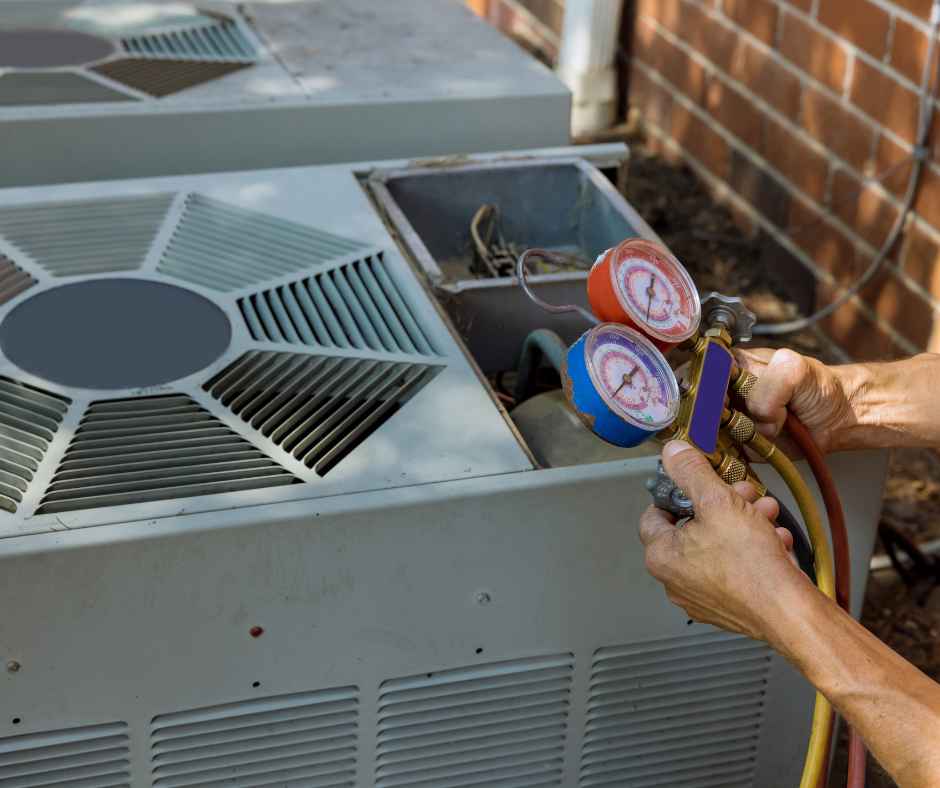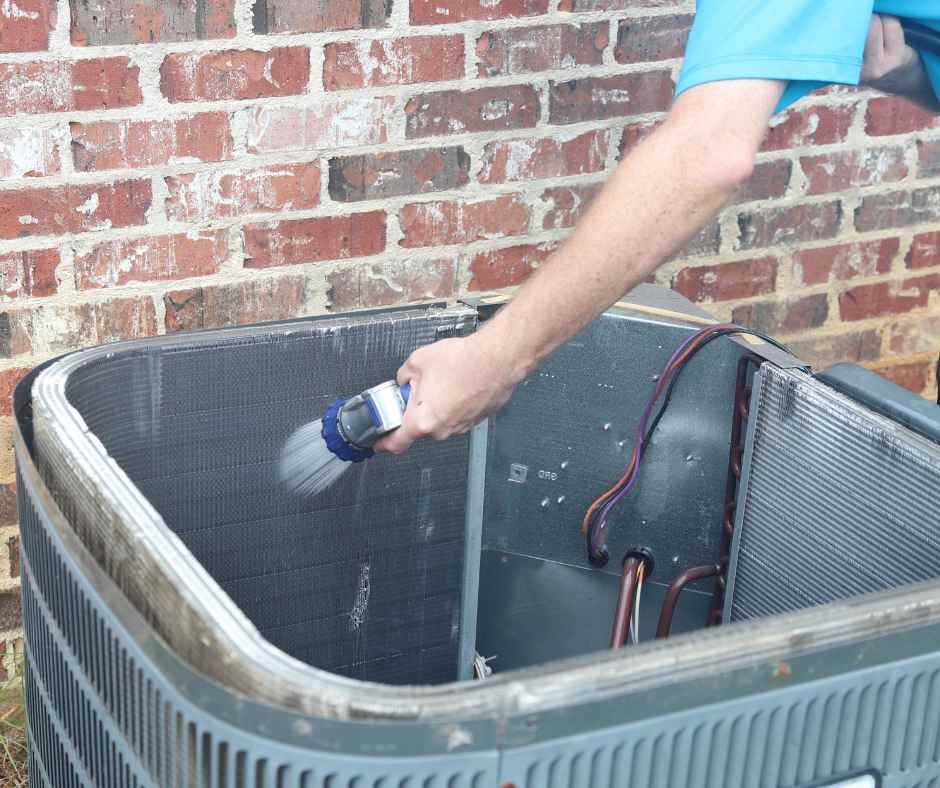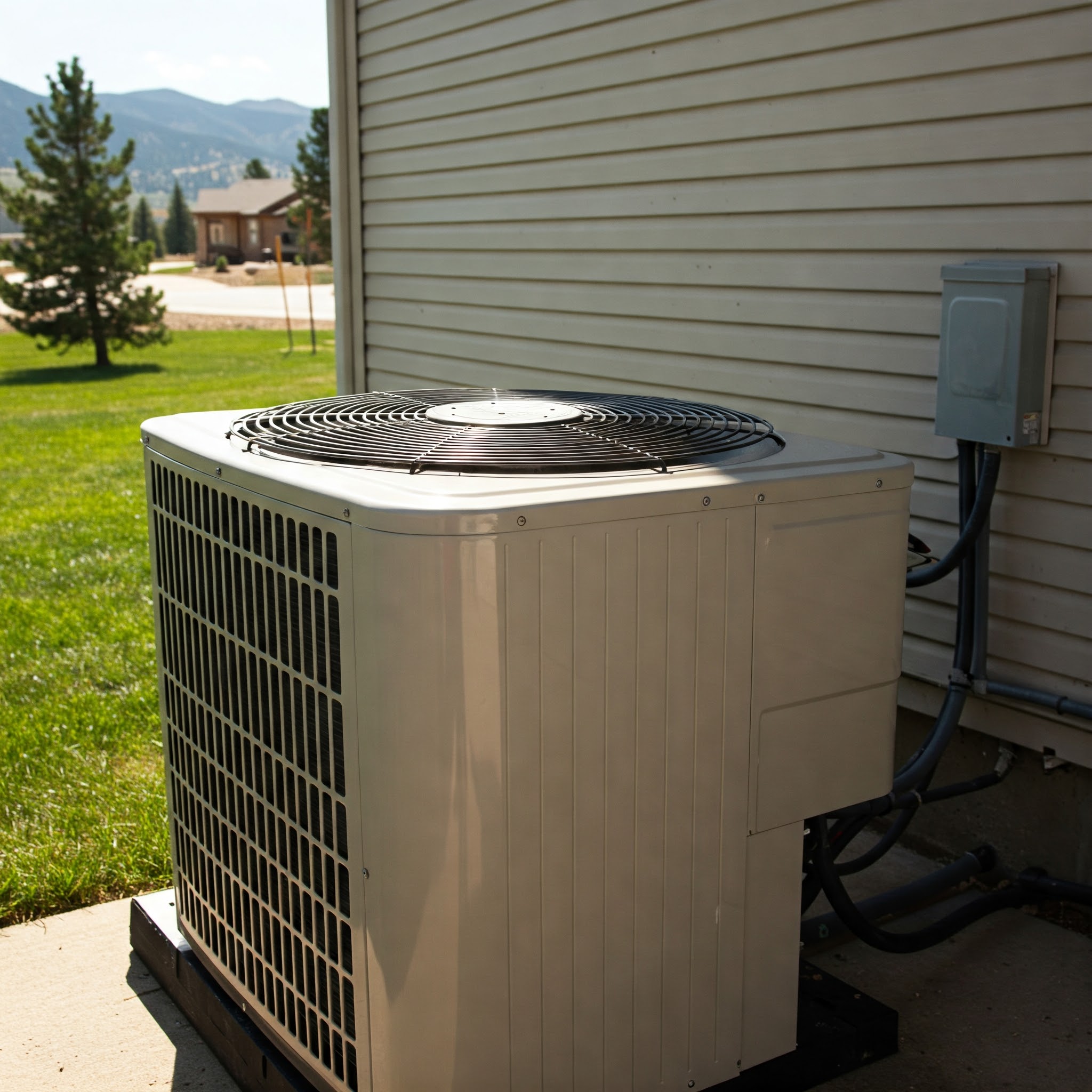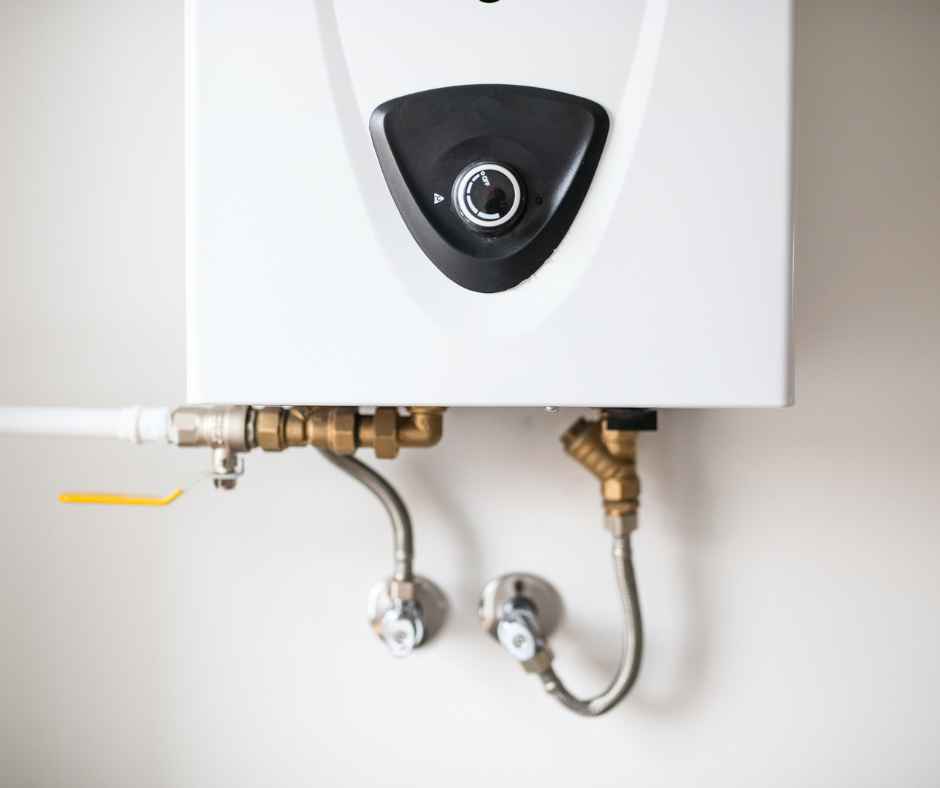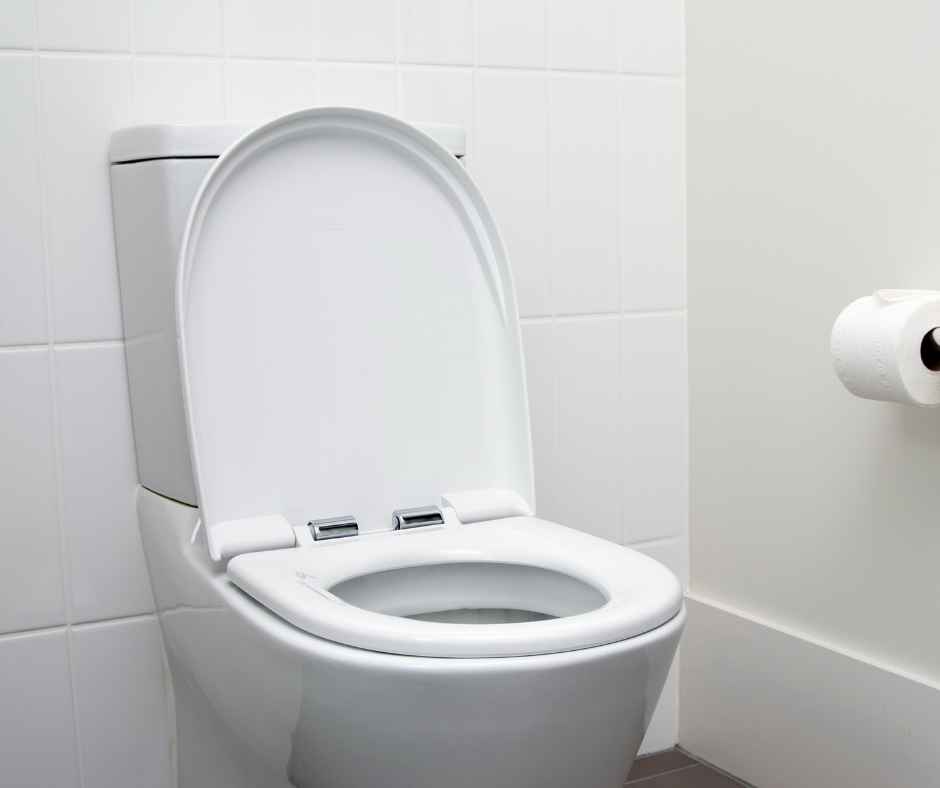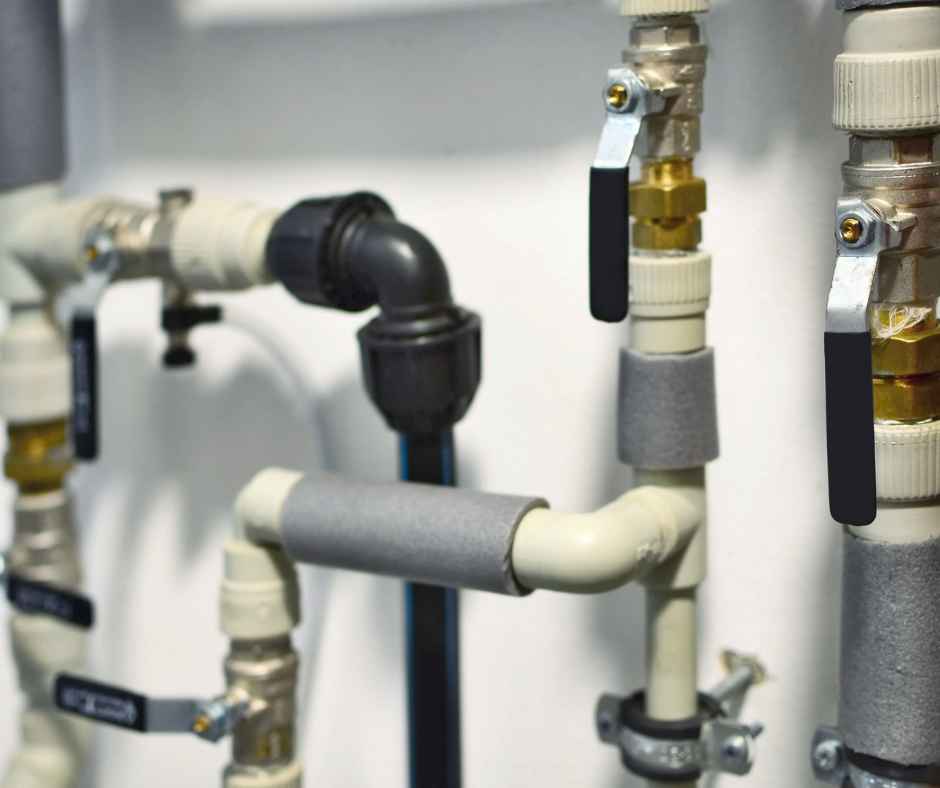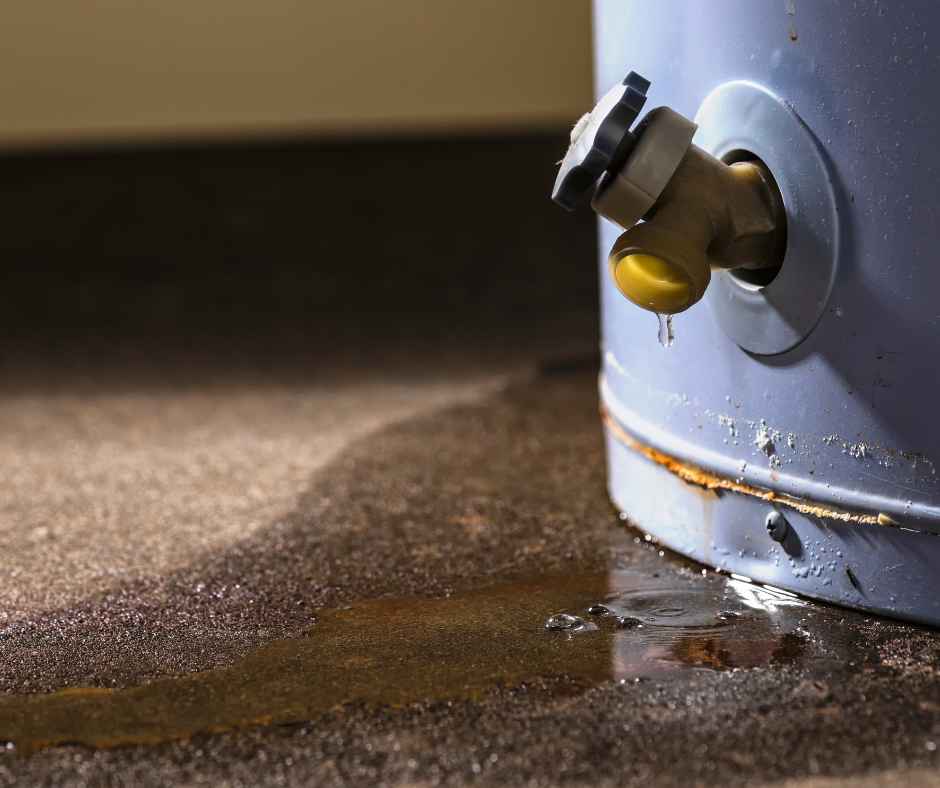Serving Douglas County & The Surrounding Areas
How do boiler and water heater differ?
When it comes to heating your home, a few options are available. You can use a furnace, boiler, or water heater. But what’s the difference between these three? And which one is right for you?
A furnace uses an air handler to blow heated air through the ductwork in your house. This is the most common type of home heating system. A boiler uses a gas or oil burner to create heat, circling through pipes to the water heater. The water heater then heats the water used for showers, baths, washing dishes, and laundry.
What is a furnace, and how does it work?
A furnace is a device to creates heat, which can then warm up your home. The furnace works by burning fuel, such as natural gas or oil, and then using the heat from that combustion to warm up the air in your home.
The warmed air is then circulated throughout your house by using a fan. Furnaces are an essential part of many homes, particularly during the winter months when the weather outside is cold.
One of the benefits of a furnace is that it can control the temperature inside your home, making it more comfortable for you and your family. Another benefit of a stove is that it can help improve indoor air quality in your home by circulating fresh, clean air.
If you are considering purchasing a furnace for your home, there are a few things that you should keep in mind. First, you will need to choose the right size for your needs. Second, you must decide what fuel you would like to use. And third, you will need to have your furnace regularly serviced to ensure it is functioning correctly.
What is a boiler, and how does it work?
A boiler is a large, cylindrical tank that uses a gas or oil burner to create heat. The heat is then circulated through pipes to the water heater. The water heater then heats the water used for showers, baths, washing dishes, and laundry.
One of the main benefits of using a boiler is that it can be more energy efficient than other forms of heating. This is because the boiler can be tailored to meet your specific needs, so you won’t be wasting energy by heating more space than you need. Additionally, boilers don’t produce drafts like other forms of heating, which means they are better at keeping your home warm and comfortable.
One of the main drawbacks of using a boiler is that they require regular maintenance and can be expensive to repair if they break down. Also, boilers can be noisy, so your neighbors may not appreciate the sound if you live in an apartment or condo. Finally, if you have a power outage, your boiler will not work, so that you will need another form of heating.
What is a water heater, and how does it work?
A water heater is a device that is used to heat water. There are a few different water heaters, but the most common is the electric water heater.
Electric water heaters work by heating the water that is stored in the tank. The heated water is used for showers, baths, washing dishes, and laundry.
One of the benefits of using an electric water heater is that it is relatively easy to install. Additionally, electric water heaters are relatively affordable to purchase and operate. One of the drawbacks of using an electric water heater is that it can take a long time to heat the water, which can be inconvenient if you need hot water quickly. Additionally, your electric water heater will not work if there is a power outage.
Gas water heaters work by burning natural gas or propane to create heat. The heat is then used to warm up the water stored in the tank. The heated water is used for showers, baths, washing dishes, and laundry.
One of the benefits of using a gas water heater is that it is relatively easy to install. Additionally, gas water heaters are relatively affordable to purchase and operate. One of the drawbacks of using a gas water heater is that it can produce drafts, which can be uncomfortable for you and your family. Additionally, if there is a power outage, your gas water heater will not work.
Oil-water heaters work by burning oil to create heat. The heat is then used to warm up the water stored in the tank. The heated water is used for showers, baths, washing dishes, and laundry.
One of the benefits of using an oil-water heater is that it can be more energy efficient than other forms of heating. This is because the oil burner can be tailored to meet your specific needs, which means you won’t be wasting.
Which one is right for you?
When it comes to heating your home, there are a few different options: a furnace, boiler, or water heater. All three of these devices have unique benefits and drawbacks, so it’s essential to understand the differences before deciding.
Furnace
Furnaces work by blowing heated air through the ducts in your home. This air heats the walls and furniture, which heats the room. One of the benefits of using a furnace is that they are relatively affordable to purchase and operate. Additionally, furnaces can be installed in almost any type of home.
One of the drawbacks of using a furnace is that they require regular maintenance, and if there is a problem with the ducts, it can be expensive to repair. Additionally, furnaces can be noisy, which can be disruptive for you and your family.
Boiler
Boilers work by creating heat with a gas or oil burner. The heat is then circulated through pipes to the water heater. The water heater then heats the water used for showers, baths, washing dishes, and laundry. One of the benefits of using a boiler is that they are more energy-efficient than other forms of heating. Additionally, boilers can be used to heat multiple rooms at once.
One of the drawbacks of using a boiler is that they require regular maintenance, and if there is a problem with the boiler, it can be expensive to repair. Additionally, boilers can be noisy, which can be disruptive for you and your family.
Water Heater
Water heaters work by heating the water that is stored in the tank. The heated water is used for showers, baths, washing dishes, and laundry. One of the benefits of using an electric water heater is that it is relatively easy to install. Additionally, electric water heaters are relatively affordable to purchase and operate.
One of the drawbacks of using an electric water heater is that it can take a long time to heat the water, which can be inconvenient if you need hot water quickly. Additionally, your electric water heater will not work if there is a power outage.
Gas water heaters work by burning natural gas or propane to create heat. The heat is then used to warm up the water stored in the tank. The heated water is used for showers, baths, washing dishes, and laundry. One of the benefits of using a gas water heater is that it is relatively easy to install. Additionally, gas water heaters are relatively affordable to purchase and operate.
One of the drawbacks of using a gas water heater is that it can produce drafts, which can be uncomfortable for you and your family. Additionally, if there is a gas leak, it can be dangerous for you and your family.
There are a few critical differences between boilers and water heaters that you should keep in mind when choosing which type of heating system is right for your home. Boilers are more energy-efficient than other forms of heating, while water heaters can take a long time to heat the water. Additionally, gas water heaters produce drafts, while electric water heaters can be affected by power outages. Consider your needs and budget when making your decision to ensure you choose the best option for your home.

